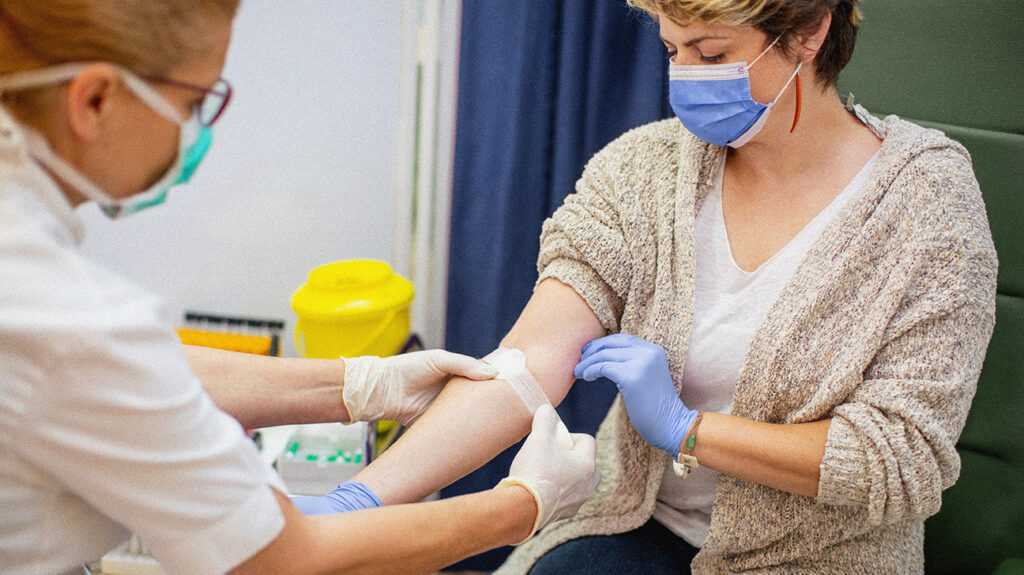SARS-CoV-2 antibodies might provide immunity for at least 5-7 months
18 October, 2020

A study has discovered that people who have contracted SARS-CoV-2 remain immune to the virus for at least 5-7 months and probably much longer.
Recent alleged cases of reinfection with SARS-CoV-2, the coronavirus that causes COVID-19, have raised concerns that the human disease fighting capability may only provide short-term protection against the virus.
Furthermore, scarce research has suggested that the number of antibodies in a person’s bloodstream that is with the capacity of disabling the virus declines sharply after a short infection.
They tested for the occurrence of antibodies to the virus in nearly 6,000 individuals and followed them up for several months.
“We clearly see top-quality antibodies still being produced 5-7 months after SARS-CoV-2 infection,” says Dr. Deepta Bhattacharya, a co-employee professor of immunobiology at the university, who co-led the research.
“Many concerns have already been expressed about immunity against COVID-19 not lasting. We used this study to research that question and found immunity is stable for at least 5 months.”
Bhattacharya points out that persons who contracted the SARS-CoV virus in charge of the 2002-2004 outbreak of SARS were still immune 12-17 years after infection. This virus is very similar to SARS-CoV-2.
“If SARS-CoV-2 is anything just like the first one, we expect antibodies to last at least 24 months, and it could be unlikely for anything much shorter,” he says.
In their paper, published in the journal Immunity, the scientists also remember that out of almost 30 million cases of COVID-19 since December 2019, there were only about 10 confirmed cases of reinfection.
A far more accurate antibody test
The researchers started recruiting volunteers for testing in Pima County, AZ, on April 20, 2020.
The main objective of the research was to develop a precise antibody blood test that could identify people who have contracted the virus.
Existing tests that screen for antibodies against an individual target on the virus particle have a tendency to produce a large amount of “false positives.” This ensures that some people who've never contracted the virus will test positive.
To get around this issue, the scientists developed a test that first looks for antibodies to 1 target on the virus. If the test detects them, the sample is then screened for antibodies to some other target.
A person is only going to test positive if they have antibodies to both targets.
One target of the brand new test may be the receptor-binding domain, or RBD, which may be the area of the virus’s spike protein that it uses to invade host cells. The other target is another portion of the spike called S2.
To verify how well the test worked, the researchers incubated plasma samples with the live virus in a high-security lab. Then they exposed cell cultures to the mixture to see whether antibodies in the samples had neutralized the virus.
These checks revealed that only 1 test out of 5,882 had given a false-positive result. Quite simply, if a population was screened, less than 0.02% of tests would falsely indicate that someone had contracted the virus.
In August 2020, the meals and Drug Administration (FDA) gave the brand new test “emergency use authorization.” As a result, Bhattacharya and his team have finally tested nearly 30,000 persons in Arizona.
Source: www.medicalnewstoday.com
TAG(s):
